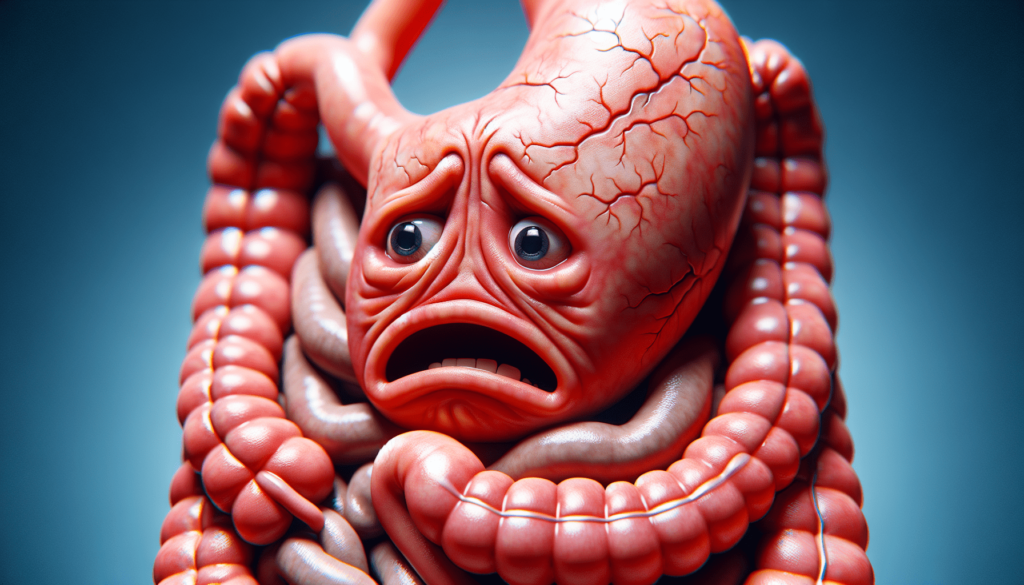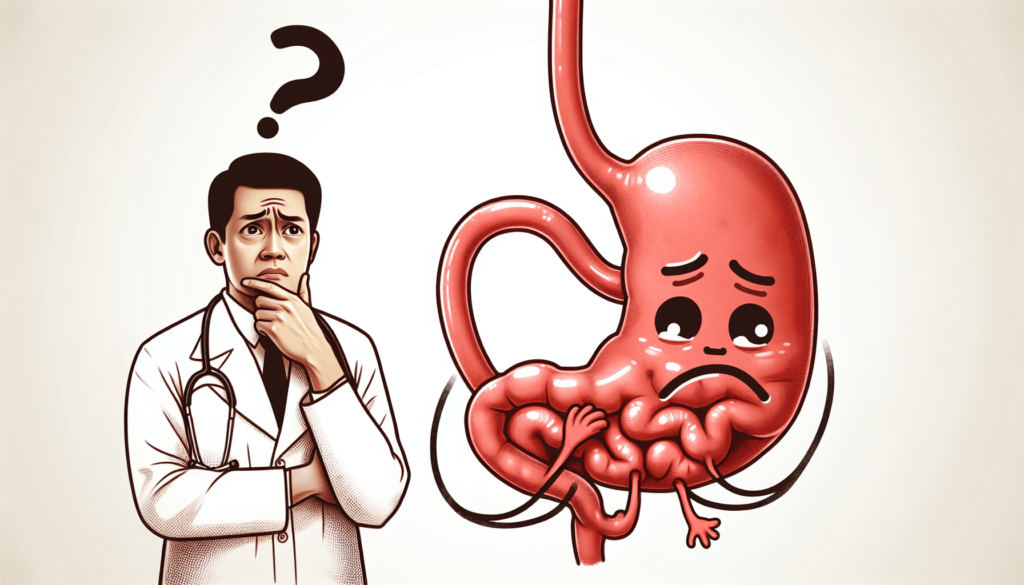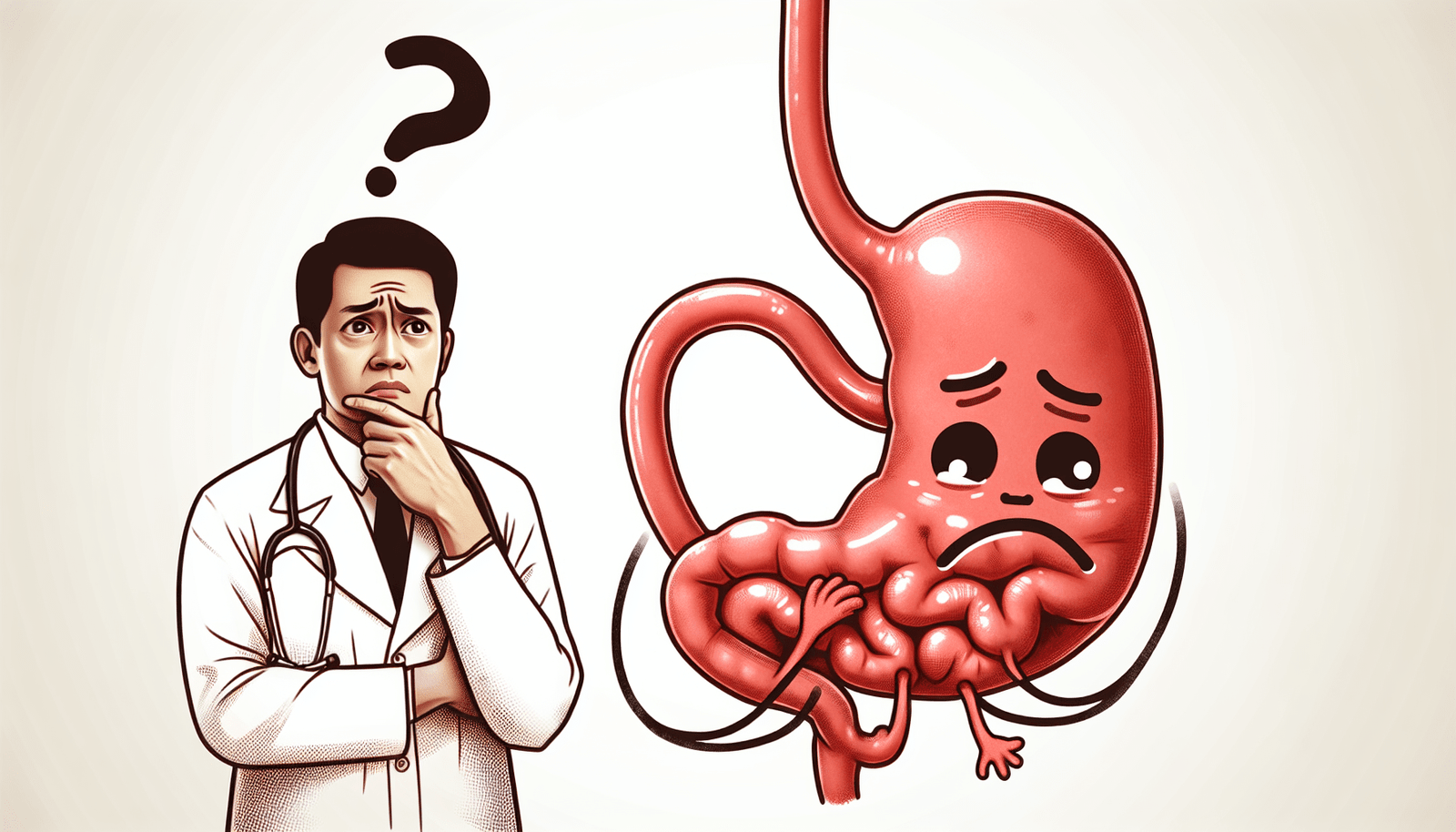The Impact Of Stress On Digestion And Nutrition
Have you ever wondered about the effects that stress can have on your digestive system and overall nutritional health? In this article, we will explore how stress can disrupt your digestion and impact your ability to absorb important nutrients.

Stress and Digestive Disorders
Stress can trigger or exacerbate a wide range of digestive disorders, including irritable bowel syndrome (IBS), acid reflux, ulcers, and inflammatory bowel disease (IBD). When you are stressed, your body releases hormones such as cortisol and adrenaline, which can suppress digestion and irritate the gastrointestinal tract. This can lead to symptoms such as bloating, gas, constipation, diarrhea, and stomach pain.
For example, stress can increase the production of stomach acid, leading to symptoms of acid reflux and ulcers. In addition, stress can alter the composition of gut bacteria, which play a crucial role in digestion and nutrient absorption. When the balance of bacteria in your gut is disrupted, it can lead to inflammation and contribute to the development of digestive disorders.
Stress and Nutrient Absorption
In addition to affecting digestion, stress can also impact your body’s ability to absorb important nutrients from the foods you eat. When you are stressed, blood flow is redirected away from the digestive system to other parts of the body in preparation for the “fight or flight” response. This can slow down the process of digestion and reduce the absorption of nutrients such as vitamins, minerals, and antioxidants.
Chronic stress can also lead to inflammation in the digestive tract, which can further interfere with nutrient absorption. For example, inflammation can damage the lining of the intestines, leading to leaky gut syndrome and impairing the absorption of nutrients. Over time, this can result in nutrient deficiencies and compromise your overall health.
Stress and Food Choices
Stress can also influence your food choices and eating habits, which can have a significant impact on your nutritional health. Many people turn to comfort foods high in sugar, fat, and refined carbohydrates when they are feeling stressed, as these foods can provide temporary relief from negative emotions. However, over time, relying on these foods can lead to weight gain, nutrient deficiencies, and an increased risk of chronic diseases such as diabetes and heart disease.
On the other hand, some people may experience a loss of appetite or changes in their eating patterns when they are stressed, leading to inadequate intake of essential nutrients. This can further exacerbate the effects of stress on digestion and overall health.
Managing Stress For Better Digestion And Nutrition
Fortunately, there are several strategies you can use to manage stress and improve your digestion and nutritional health. One of the most effective ways to reduce stress is through relaxation techniques such as deep breathing, meditation, yoga, and progressive muscle relaxation. These techniques can help calm the mind and body, reduce the production of stress hormones, and promote better digestion.
Regular exercise is another powerful tool for managing stress and improving digestion. Physical activity can help release endorphins, the body’s natural stress relievers, and improve circulation to the digestive organs. Aim for at least 30 minutes of moderate exercise most days of the week to reap the benefits for your body and mind.
Eating a healthy, balanced diet is also essential for managing stress and supporting optimal digestion and nutrition. Include a variety of fruits, vegetables, whole grains, lean proteins, and healthy fats in your meals to ensure you are getting all the essential nutrients your body needs. Avoiding processed and high-fat foods can help reduce inflammation in the gut and support better digestion.

Supplements To Support Digestion And Nutrient Absorption
In some cases, you may benefit from taking supplements to support digestion and nutrient absorption, especially if you are experiencing chronic stress or have a digestive disorder. Probiotics, which are beneficial bacteria that promote gut health, can help restore the balance of bacteria in your digestive tract and improve nutrient absorption.
Digestive enzymes, which help break down carbohydrates, fats, and proteins in foods, can also be beneficial for individuals with digestive disorders or impaired nutrient absorption. These enzymes can help facilitate the digestion process and ensure that nutrients are properly absorbed by the body.
Other supplements that can support digestion and nutrient absorption include omega-3 fatty acids, which have anti-inflammatory properties, and vitamin D, which plays a crucial role in nutrient absorption and immune function. Consult with a healthcare provider or a registered dietitian before starting any new supplement regimen to ensure it is safe and appropriate for your individual needs.
Conclusion
In conclusion, stress can have a significant impact on your digestion and nutritional health. By understanding how stress affects your body and implementing strategies to manage stress effectively, you can support better digestion, improve nutrient absorption, and optimize your overall health and well-being. Remember to prioritize self-care, healthy eating habits, and stress-reducing activities to promote a healthy gut and a nourished body.

